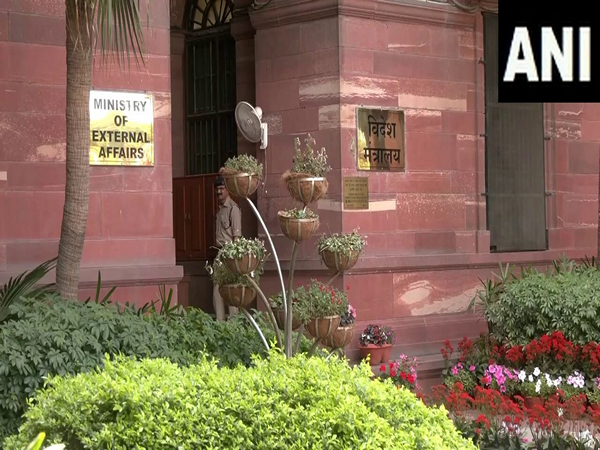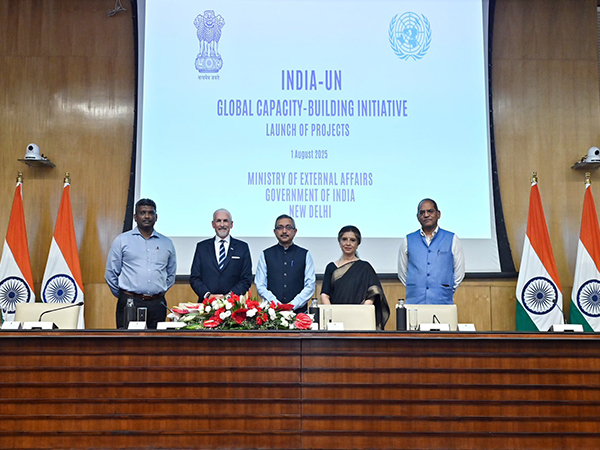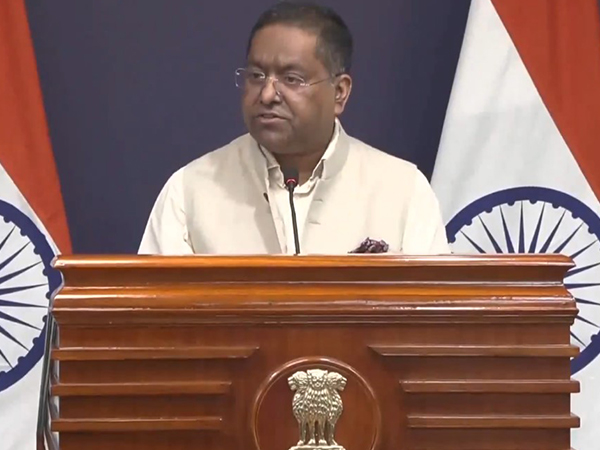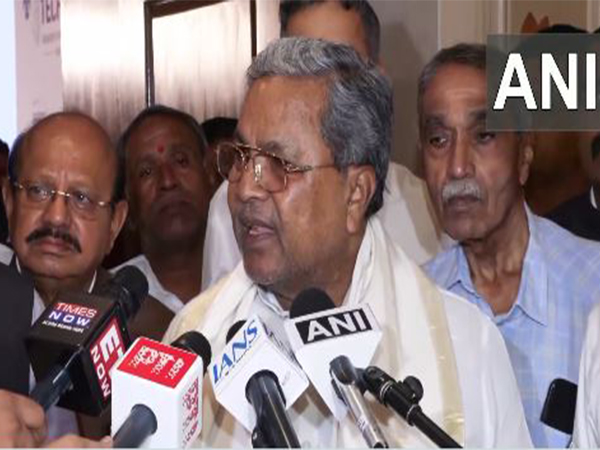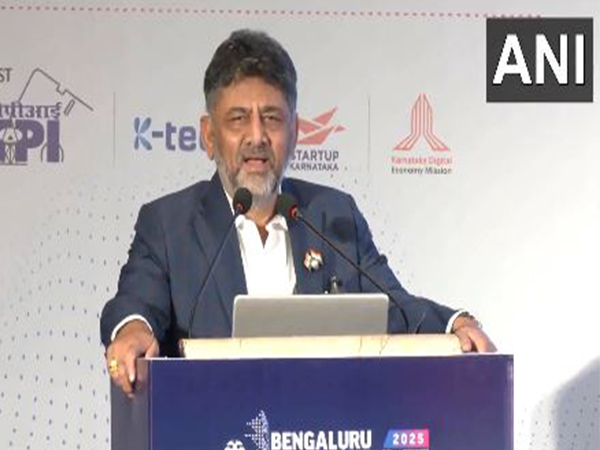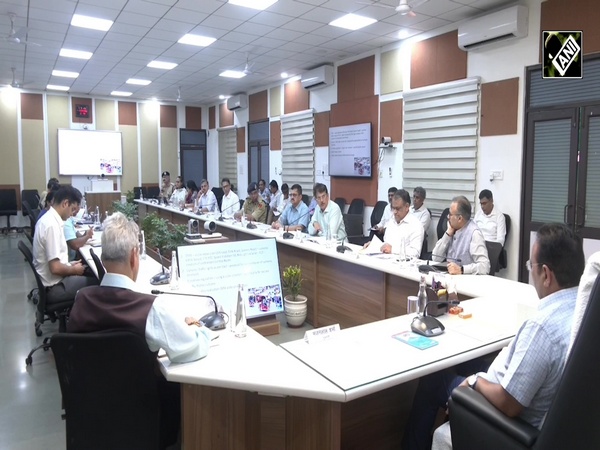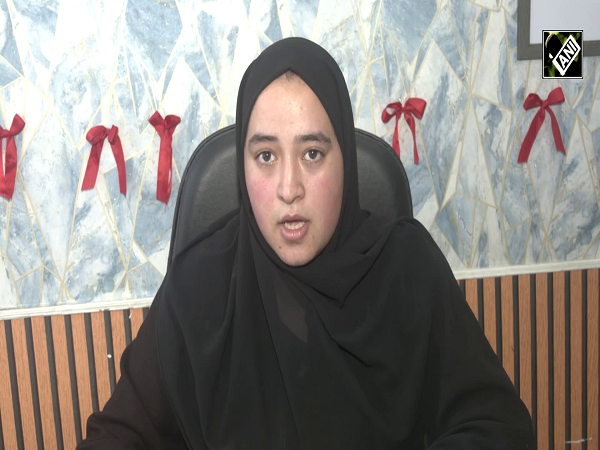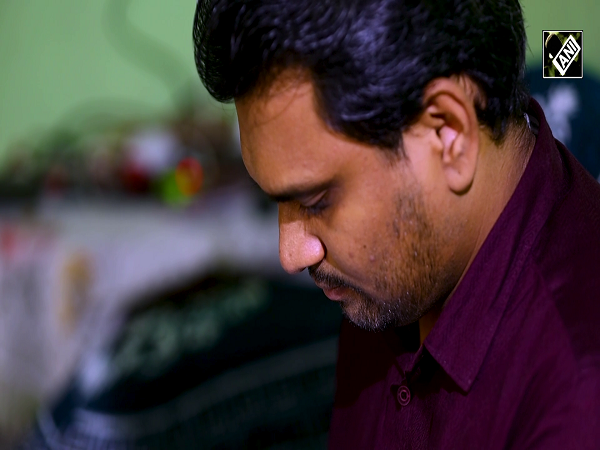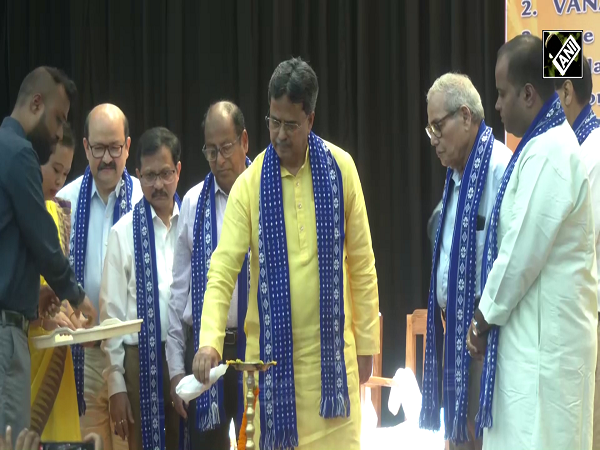China's deceptive tactics of misappropriation of Tibetan Buddhism to gain control over Tibet
Aug 22, 2022

Lhasa [Tibet], August 22 : The acts of violent attacks against Tibetan Buddhism amid China's ignorance and violation of religious freedom of the inhabitants of Tibet are to be seen as part of Xi's larger plan to turn his country into "the biggest player in the history of the world."
The United Nations General Assembly has designated August 22 as the International Day Commemorating the Victims of Acts of Violence Based on Religion or Belief, deploring the "widespread violations suffered by individuals, and persons belonging to minorities, who are targeted on the basis of their religion or belief".
Tibetan Buddhism has a legacy that has captured the imagination of the world and continues to inspire people across the world. Dalai Lama, Tibet's exiled leader is revered by millions of followers who look up to him as a philosopher of peace, non-violence, and universal responsibility.
However, the Chinese Communist Party (CCP) is on a mission to destroy the essence of Tibetan Buddhism and make it Chinese in orientation, primarily to legitimize its claim over Tibet and thus strengthen its hold over the plateau which is strategically significant not just for China, but entire Asia.
China wants to strengthen its hold over Tibet and its misappropriation of Tibetan Buddhism is an instrument towards this end, a Tibet Rights Collective report said.
This policy is echoed by China-appointed Gyaltsen Norbu's speeches. In March 2021, in an interview, he said that "Tibetan Buddhism will adapt to the conditions of a socialist society with Chinese characteristics and move towards Sinicization".
As President of the Tibet branch of the Buddhist Association of China and vice president of the Buddhist Association of China, he has been on a visiting spree lately- he has reportedly visited villages, met Tibetans in monasteries where he gave lectures, and attended seminars on Tibetan Buddhist doctrines.
Chinese media projects him as "one of the most influential Living Buddhas in Tibetan Buddhism". He, along with institutions like the Buddhist Association of China, is being used as a tool to build inroads into Tibetan Buddhism and even prepare grounds for projecting him onto the reincarnation scenario, as China's (which ironically, is an atheist nation) potential candidate.
In 1995, the 14th Dalai Lama recognized Gedhun Choekyi Nyima as the 11th Panchen Lama. What followed was his abduction by the family authorities and no details of his whereabouts are known till today.
He is the youngest known political prisoner in the world. Instead, Gyaltsen Norbu was recognized as the 'official' 11th Panchen Lama by the Chinese government in 1995.
This attempt to control the institution of the Panchen Lama has gained strength in recent times with Gyaltsen Norbu visiting areas of Tibet and giving lectures on the Sinicization of Tibetan Buddhism.
The aim is to project him as the face of Tibetan Buddhism and thus provide legitimacy to Chinese rule in Tibet.
CCP is also aggressively focussing on controlling the process of and narratives around the reincarnation of the 14th Dalai Lama. The authorities arrest Tibetans for even keeping a picture of Dalai Lama, who they consider a separatist, on the phone or celebrating his birthday, or even creating social media groups where any discussions remotely connected to the exiled leader happen.
In his first visit to the East Turkestan (Xinjiang) region (where CCP is accused of running detention camps for Uyghurs and committing human rights violations), Chinese President Xi Jinping mentioned that Islam in China must be "Chinese in orientation." "Enhanced efforts should be made to uphold the principle that Islam in China must be Chinese in orientation, and to adapt religions to a socialist society," he said.
This is the same policy that CCP is assuming towards Tibetan Buddhism too. The aim is to "adapt" Tibetan Buddhism to Chinese socialist characters.
Addressing the national conference of religious affairs in December 2021, Xi emphasized the importance of "upholding the principle of developing religions in the Chinese context". Xi's much-celebrated visit to Lhasa coinciding with CCP's 100th anniversary last year in July also reinforced the aim of China to build Tibet into a socialist entity with Chinese characteristics to achieve national rejuvenation.
Chinese authorities have also been involved in the destruction of structures associated with and revered by Tibetan Buddhists, said Tenzin Tseten, and Lakshmi P writing for Tibet Rights Collective.
In December 2021, they destroyed three Tibetan Buddhist statues. A three-story statue at a monastery in Drago had been destroyed in early January 2022, only weeks after the authorities toppled a 99-foot Buddha statue just 900 meters (2,700) away.
Later the government demolished the Tibetan Buddhist statue Padmasambhava, built six years ago at the Chanang Monastery in Drago County of the Kardze in Tibetan Autonomous Prefecture. Since the invasion of Tibet and the Cultural Revolution, many monasteries were destroyed and monks ousted; Larung Gar, the 'Tibetan City in the sky' being one among them.
In combating such incidents of intolerance and discrimination against Tibetans on the basis of their religion or belief, civil society and world organizations should play a more active role.
However, when UN Human Rights Commissioner Michelle Bachelet was on a visit to China earlier this year, she chose not to visit Tibet, despite many calling upon her to pay a visit to the region where children are forcefully admitted into colonial-style boarding schools where they are denied religious education.
The nomads are removed from their traditional lands to concrete settlements and are subjected to propaganda education and monks who speak up for the language and religious rights of Tibetans are detained and tortured in jails, a Tibet Rights Collective report said.
Tibet is the water tower of Asia and sustains a population of around 1.4 billion people. In a world threatened by global warming and climate change and potential water shortage, Tibet is significant. It is a blue dot on an island of heat and a key to the future.
The 1981 UN Declaration on the Elimination of All Forms of Intolerance and of Discrimination Based on Religion or Belief ensured that "no one be subject to discrimination by any State, institution, group of persons, or person on grounds of religion", however, the world's Rooftop remains unlawfully invaded by China and currently under its control, with the religious freedom of its inhabitants being ignored and violated.
